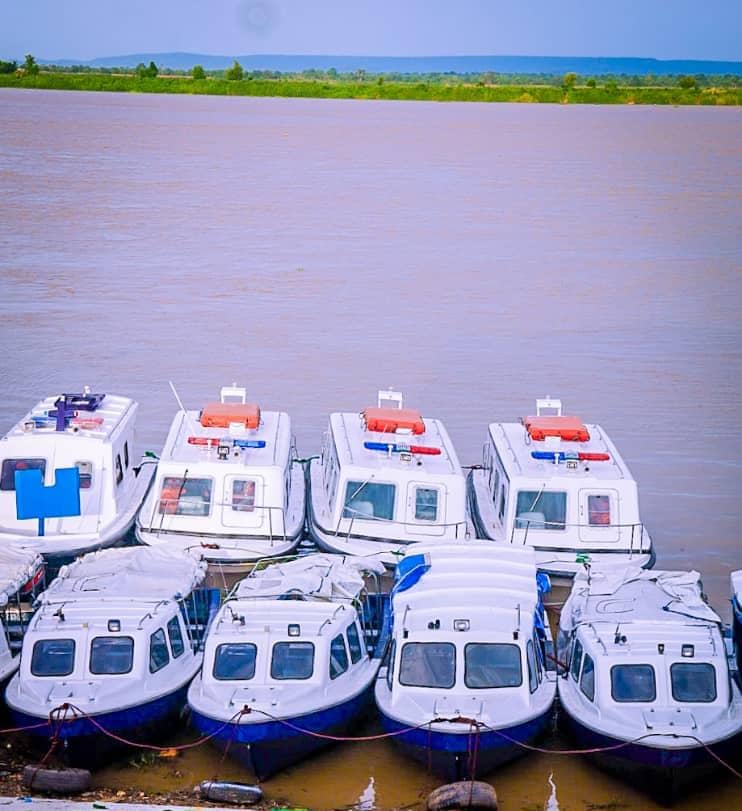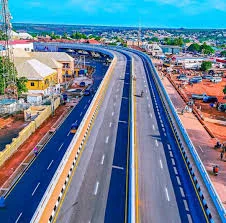The Lagos State Waterways Authority (LASWA) is targeting movement of 100,000 passengers daily through the state’s inland waterway.
This was disclosed by the LASWA general manager, Damilola Emmanuel, during his presentation at the opening ceremony of the two-day Regional Ferry Safety Conference in Lagos organised by LASWA in conjunction with Maritime Organisation of West and Central Africa (MOWCA) and INTERFERRY.
Emmanuel, however, reiterated the readiness of the state government to enhance safe waterways transportation in the state.
According to him, “Our target is first and foremost the safety of people while we are targeting 100, 000 passengers per day.”
Appealing to stakeholders to see it as a joint effort in achieving safety, Emmanuel said, they are rolling out over 70 electric-powered vessels. He also stated that LASWA has employed safety officers made up of men and women to complement the efforts in safety and security on the waterways.
Giving his keynote address, the governor of Lagos State, Babajide Sanwo-Olu, stated that the state government would ensure that the waterways remain safe and efficient.
Sanwo-olu, who was represented by the deputy governor, Dr. Obafemi Hamzat said the state government has made substantial investments in modern jetties, ferry terminals, cutting-edge digital monitoring systems, and comprehensive capacity-building initiatives to ensure the safety of the state waterways.
“Lagos has made substantial investments in modern jetties, ferry terminals, cutting-edge digital monitoring systems, and comprehensive capacity-building initiatives—all aimed at safeguarding our citizens,” he said.
“Through LASWA, we have deployed patrol and rescue boats, equipped our services with state-of-the-art safety gear, and established the first-ever Inland Waterways Monitoring and Data Management Centre.
“We have implemented stricter operational guidelines and introduced the locally built Omi Bus standard ferries to enhance our regional capabilities. However, we must recognise that ferry safety transcends local boundaries, it is a regional imperative.
“This is precisely why today’s gathering is critical. We, as West and Central African states, must forge common safety frameworks, share crucial data and intelligence, standardise training protocols, and embrace innovative technologies that elevate navigation and emergency response to revolutionise ferry safety in our region.
“Let this conference catalyse change. Together, we must foster partnerships, align our policies, and pursue actionable solutions that will leave a lasting impact long after we depart,” the governor stated.





